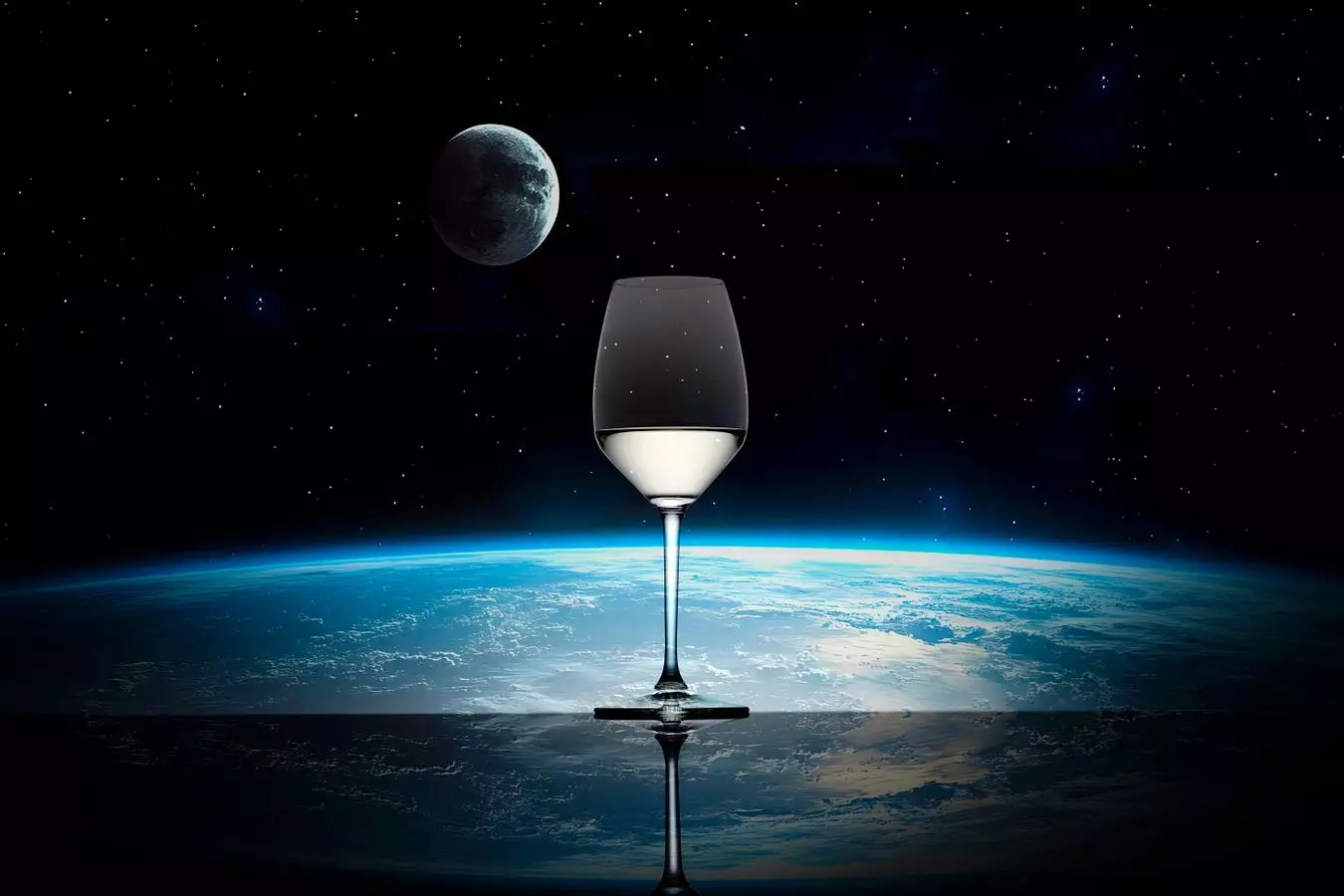As we venture further into the cosmos, the allure of culinary arts within the confines of space becomes an intriguingly novel concept. Kazuhiro Sakurai, president of Asahi Shuzo, the historical producer of the well-renowned Dassai sake, provocatively poses, “The moon landing was 56 years ago and we are now planning to live on another planet. Isn’t it time to think about savoring something delicious in space?” This statement encapsulates a significant shift in our aspirations, blending the ancient traditions of food production with futuristic exploration. Asahi Shuzo’s initiative paves the way for a daring experiment that seeks to meld Japanese culture with the next frontier—space.
In an unexpected partnership, Asahi Shuzo is collaborating with Mitsubishi Heavy Industries and the Aichi Center for Industry and Science Technology to produce sake aboard the International Space Station (ISS). With a substantial budget of $900,000, fully financed by the brewery, the project aims to investigate the feasibility of sake fermentation in microgravity environments. This unprecedented venture will see the harvested mash returning to Earth by 2026 for further processing. Distinctively, the resulting single bottle of space-made sake will be auctioned for an astounding price of 100 million yen (approximately $641,475), with all proceeds directed towards supporting Japanese space development organizations.
This bold move stands as a defining moment for a single-family-owned brewery amidst a sea of approximately 1,000 competitors in Japan, confirming the remarkable global reach of the brand. Reflecting on the endeavor, some may question whether such an expansive project is premature for a traditional sake producer; but for Sakurai, it represents the next logical step in exploration.
Embracing Failure as Growth
Sakurai’s philosophy is shaped by a tenacious spirit that emphasizes innovation. “Our mindset is to try new things to explore what we possibly can. If we fail, we analyze the cause and learn from it.” This approach demonstrates a profound understanding of the entrepreneurial journey—an acknowledgment that setbacks often serve as stepping stones rather than end points. Asahi Shuzo’s resilience is emblematic of a broader trend within industries that take root in experience, often rising from the brink of closure through persistence and reflection.
Central to this philosophy is the concept of “Tema.” Defined by Sakurai as “the time and effort spent to accomplish a goal,” Tema diverges sharply from the Western emphasis on efficiency. This cultural distinction highlights a commitment to craftsmanship—crafting sake not just as a beverage but as an art form imbued with history and meticulous care. The space project, in a sense, embodies Tema, framing an experiment that challenges norms and cultivates forward-thinking visions for sake’s future.
Overcoming Challenges in Microgravity
However, the journey into space is fraught with challenges, particularly regarding the physics of fermentation in microgravity. Sakurai identifies gravity as the paramount hurdle; on Earth, gravity initiates natural convection processes critical to fermentation. In the controlled environment of the ISS, Asahi Shuzo has designed a specialized fermentation device meant to replicate lunar gravity conditions, where gravitational pull is significantly diminished.
An ambitious vision lies ahead: establishing sake production on the moon itself. Asahi Shuzo aims to explore how diminished gravity affects fermentation, a project that will undoubtedly provide substantial insights into both culinary art and astrobiology. This mechanical fermentation device filled with rice, Koji, and yeast offers an innovative solution, as astronauts will facilitate fermentation by introducing water into the apparatus, enabling continuous monitoring and mechanical agitation to ensure successful processes.
The project is also marked by its innovative methodology. Unlike wine, which requires cumbersome transportation of grapes or juice, sake only demands the inclusion of dry rice and Koji mold, lending it a practical edge for space exploration. The novelty of attempting Koji fermentation in space represents an uncharted territory, marked by unpredictability, yet imbued with glorious potential. As Sakurai notes, “We even don’t know if fermentation can happen in space. But this uncertainty is part of our excitement.”
As we witness Asahi Shuzo’s groundbreaking leap into the cosmos, the journey reflects a blending of ancient crafts with modern aspirations—a bridge between historical Japanese culture and the brave new world of space exploration. This venture not only champions sake but also symbolizes humanity’s relentless quest for new experiences and knowledge. No matter the outcome, this pursuit encapsulates the exciting possibilities that await at the intersection of flavor and adventure in the great beyond.


Leave a Reply